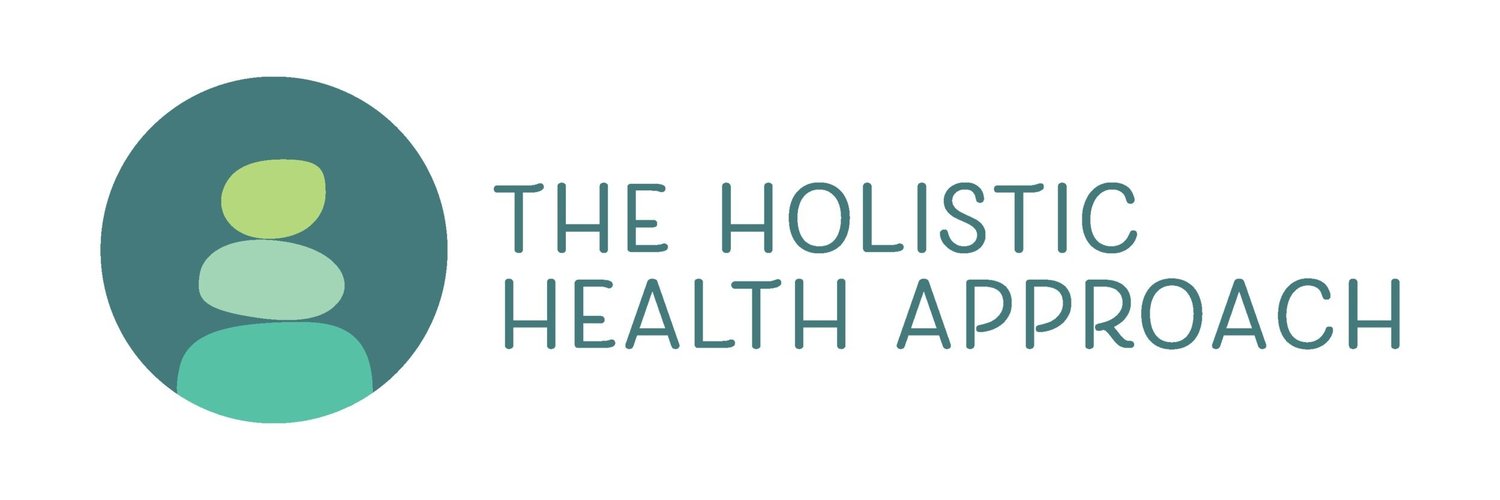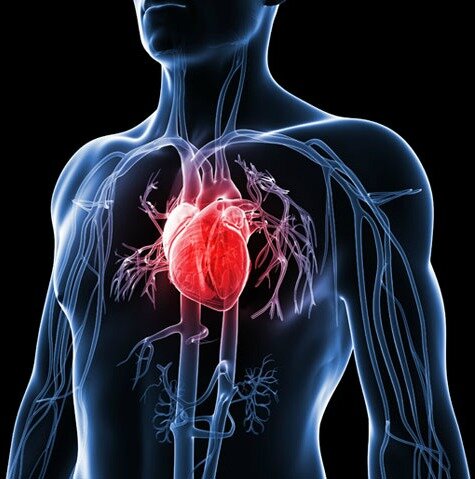Heart Disease - The Silent Killer
Heart disease is the number one cause of death in the United States. What can you do to avoid being a statistic?
The Build Up
Every day your heart beats approximately 100,000 times and pumps up to 5,000 gallons of blood through 60,000 miles of blood vessels to bring oxygen and nutrients to every cell in your body. That is a big job! Keeping your cardiovascular system – heart and blood vessels – in tip top shape is key to a healthy body and a healthy life.
When the system becomes unhealthy it can lead to atherosclerosis – a buildup of plaque in the artery walls that restricts blood flow. Plaque buildup can eventually lead to a heart attack or stroke.
This buildup doesn’t happen overnight. It starts when the delicate endothelium, the inner lining of your blood vessels, suffers damage from some kind of insult. This allows LDL cholesterol to work its way into the lining and become oxidized. This process sends a distress signal to the immune system, stimulating the release of adhesion molecules which makes the endothelium sticky. At the same time, scavenger immune cells are sent to destroy the oxidized LDL, but the LDL is now toxic to your immune cells. This creates a never ending battle and a cascade of dying immune cells that build up more and more inflammation in the area. This inflammation has to stop somehow. So the body calls in for more backup – collagen, elastin, platelets and more immune cells – to form a tough, fibrous cap and the telltale plaque. Under this cap, all the dead cells begin to decay and pus develops. The cap hardens the outside, but the plaque continues to build on the inside. The arterial wall now needs to expand to accommodate the plaque. Eventually this plaque grows so much that it completely blocks blood flow or, even worse, the cap ruptures causing heart attack, stroke or death.
The Cholesterol Myth
For 50 years, dietary cholesterol has been vilified as the culprit for heart disease. But, as you can see, it is damage to the endothelial lining that initiates the cascade toward atherosclerosis. Additionally, the oxidation of normal LDL cholesterol, not the mere presence of cholesterol, is what leads to heart disease.
In truth, your body cannot properly function without cholesterol. Cholesterol can be converted into vitamin D, steroid hormones – such as estrogen, progesterone, testosterone and cortisol – and bile. Cholesterol is vital to the formation of the semipermeable membrane of every single cell in your body. Your cells even have LDL cholesterol receptors, like a hand waving to cholesterol in the bloodstream, “pick me!”
A healthy body is also very in tune with cholesterol levels. If you eat cholesterol-rich foods, your liver will make less cholesterol; if you eat less, your liver will produce more cholesterol. So cholesterol itself is not the culprit. It is the body’s inability to process cholesterol properly and/or prevent the oxidation of cholesterol that leads to inflammation, atherosclerosis and heart disease.
The Dirty Dozen
Endothelium damage is the embers of the fire before it spreads. So what is the match? There are 12 major risk factors that contribute to inflammation and damage to the arterial walls:
High Insulin – Uncontrolled insulin levels leads to increased oxidative stress, clotting tendency and blood vessel spasm.
Toxic Blood – High levels of C-Reactive Protein, Lipoprotein(a), Homocysteine, Fibrinogen and/or Ferritin can all lead to the buildup of arterial plaque.
Oxidative Stress – Free radicals damage many biological components of the body, including the heart and blood vessels.
Poor Mitochondrial Function – When mitochondria – the energy creators of the body – do not function properly, heart and blood vessel tissues start to degenerate.
Bacteria – Studies show a link between gum disease – an infectious condition caused by bacteria – and heart disease risk.
Toxic Metals – Lead can remove calcium from the body, compromising the integrity of blood vessel walls.
Emotional Stress – Chronic high stress causes arterial constriction and increases blood pressure and blood clotting.
Gender – Estrogen (for women) and testosterone (for men) can provide cardiovascular protection.
Trans-Fatty Acids – These fats increase oxidative stress, promote LDL oxidation and increase Lp(a) levels.
High Blood Pressure – Overtime high blood pressure damages the endothelium.
Genetics – Certain risks of cardiovascular disease can run in families.
Radiation – This treatment can trigger inflammation and the formation of plaque.
Of course, other risk factors that lead to inflammation in the body – smoking, overeating refined and processed foods high in sugar, consuming other toxic foods such as artificial ingredients, not eating enough fruits and vegetables, not drinking enough water and not exercising – contribute to your risk of cardiovascular disease.
A Heart Healthy Lifestyle
Reducing your risk of a cardiac event can be as simple as reversing your risk factors:
Eliminate refined flours and processed foods with artificial ingredients, sugars and trans-fats.
Eat several vegetables and fruits daily.
Drink water throughout the day.
Exercise 4-6 times per week.
Learn stress management techniques.
Get your blood sugar under control.
See your dentist regularly.
These steps will go a long way to reducing inflammation and decreasing your heart disease risk. In addition to these simple dietary changes, changing to a Mediterranean style diet can increase your heart health.
The Mediterranean Diet
This anti-inflammatory diet consists of:
Daily consumption of healthy fats from olive oil, avocado, nuts and seeds
Several fresh vegetables and fruits daily
Regular consumption of fish
Moderate consumption of poultry and eggs
Low to moderate consumption of yogurt and cheese
Low to moderate consumption of red wine
Low consumption of red meats
When choosing your food, pick minimally processed, fresh, seasonal and locally grown foods as much as possible.
Supplements that Complement
If you still have indications of higher risk for cardiovascular disease, targeted supplementation can further reduce inflammation and increase heart health. Here are some heart friendly supplements to consider (always check with your doctor before adding any supplements to your regimen):
Omega 3 Fatty Acids can decrease blood pressure, reduce inflammation, decrease clotting and improve endothelial function.
Antioxidants from vitamins A and C, selenium and ALA can reduce oxidative stress and the oxidation of cholesterol.
Magnesium improves endothelial function and helps stabilize arterial plaque.
CoQ10 decreases blood pressure, protects against gum disease and helps with energy demands of the heart.
L-Arginine helps relax arteries and promotes blood flow.
B-Complex including B6, folate and B12 helps reduce homocysteine levels.
Taking care of your heart with these lifestyle modifications can prevent you from being a statistic!
Resources:
Reverse Heart Disease Now, Stephen Sinatra, MD
The Encyclopedia of Natural Medicine, Michael Murphy and Joseph Pizzorno

